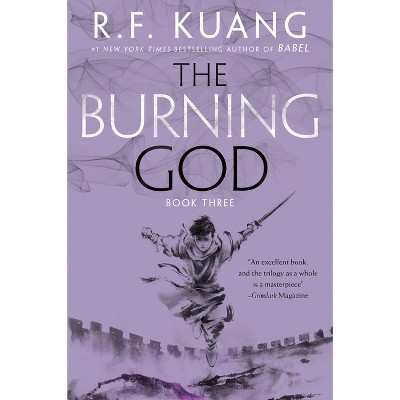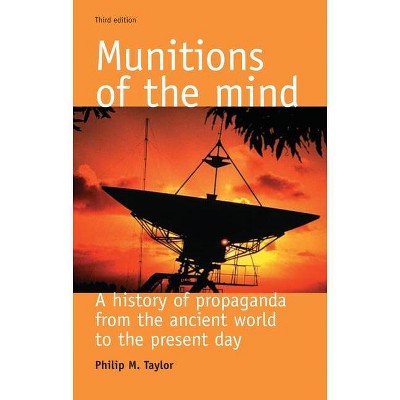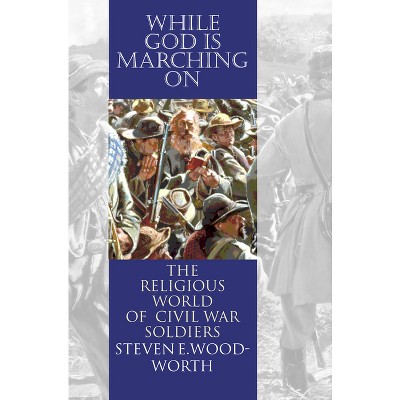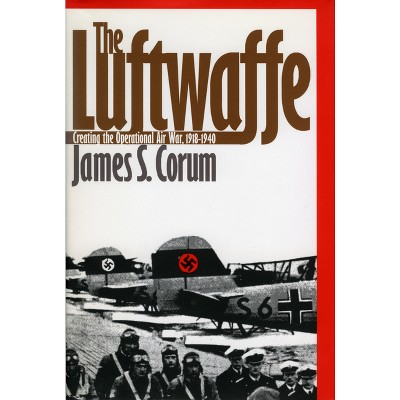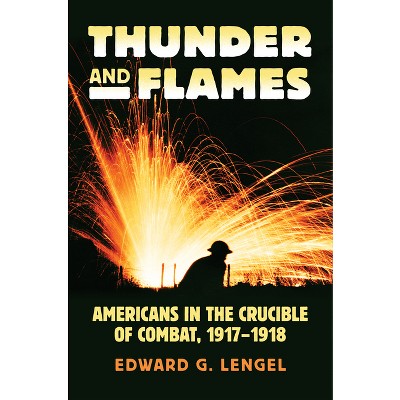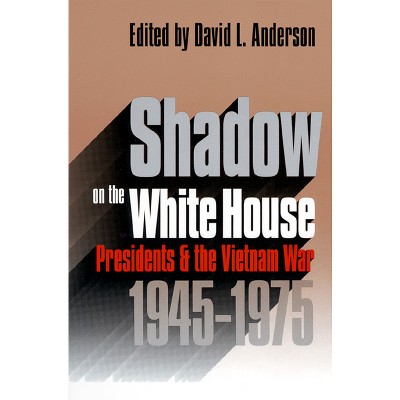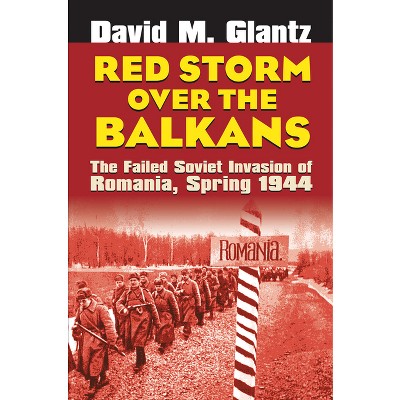Sponsored

Hard Marching Every Day - (Modern War Studies) by Wilbur Fisk (Paperback)
In Stock
Sponsored
About this item
Highlights
- As a war correspondent, Wilbur Fisk was an amateur, yet his letters to the Montpelier Green Mountain Freeman comprise one of the finest collections of Civil War letters in existence.
- Author(s): Wilbur Fisk
- 400 Pages
- History, United States
- Series Name: Modern War Studies
Description
About the Book
Fisk, a Vermont private in the Union Army, wrote almost 100 letters from the battlefield to the Montpelior Freeman describing the experiences of the Army of the Potomac. An eloquent writer, Fisk has left one of the finest collections of Civil War letters in existence.Book Synopsis
As a war correspondent, Wilbur Fisk was an amateur, yet his letters to the Montpelier Green Mountain Freeman comprise one of the finest collections of Civil War letters in existence. "Literary gems," historian Herman Hattaway calls them. "It would be believable that some expert novelist had created them." But Fisk was no novelist. He was a rural school teacher from Vermont, primarily self-educated, who enlisted in the Union Army simply because he believed he would regret it later if he didn't. Unlike professional war correspondents, Private Fisk had no access to rank or headquarters. Instead, he wrote of life as a private--as one of the foot soldiers who slept in the mud and obeyed orders no matter how incomprehensible. "As for the plans our superiors are laying out for us to execute," he wrote, "we know as little as a horse knows of his driver." Between December 11, 1861 and July 26, 1865, Fisk wrote nearly 100 letters from the battlefield to the Green Mountain Freeman, all of them signed "Anti-Rebel." At the beginning of the war he was exuberant and eager for contact with the enemy. In his first letter he boasted, "This regiment would relish a fight now extremely well." Two years later, after the battle of Gettysburg, Fisk was disillusioned and war weary. "The rebel dead and ours lay thickly together, their thirst for blood forever quenched. Their bodies were swollen, black, and hideously unnatural. Their eyes glared from their sockets, their tongues protruded from their mouths, and in almost every case, clots of blood and mangled flesh showed how they had died, and rendered a sight ghastly beyond description. I thought I had become hardened to almost anything, but I cannot say I ever wish to see another sight like that I saw on the battlefield of Gettysburg." Fisk wrote as eloquently on the moral and political issues behind the war as he did on the everyday hardships of life in the Army of the Potomac. He saw the war as a question of right and wrong--of freedom against slavery and democracy against aristocracy--and he continued to believe that the war had to be fought, even after he was well acquainted with its horror and pointlessness. "When they have done their killing, there remains the question to be settled the same as before. They might as well have settled it before the shooting as afterwards." In this volume editors Ruth and Emil Rosenblatt have included all of Fisk's existing letters to the Freeman, along with three speeches from the 1890s in which Fisk looks back on his wartime experiences from the vantage point of an older man.Review Quotes
"For sheer description, these letters are unsurpassed."--Civil War History
"An unmatched record of the common Union soldier's life."--Washington Post Book World
"A marvelous account of the Civil War, equal or superior to any produced by the common soldier, North or South."--Philadelphia Inquirer
"Of the publishing of Civil War letters and memoirs there is no end, but Private Fisk's Civil War has all the earmarks of a classic."--Journal of American History
"One of the richest sources on Civil War soldiering in print. An exciting, readable book."--Atlanta History
"These letters are remarkably astute, exceedingly detailed, and often brutally honest."--Blue & Gray Magazine
"Fisk, shrewd and humorous, combining idealism and patriotism with a healthy dose of common sense, deserves to stand beside Elisha Hunt Rhodes as an archetypical soldier of the Army of the Potomac."--Publishers Weekly
"The letters contain descriptions of conditions in camp, on the march, and in hospitals; comments on battles, officers, and army morale; reactions to places seen and executions of deserters, as well as Fisk's political views and military frustrations."--Choice
"The Fisk letters are superb. They are extremely well written and they convey a magnificent picture of the life of a Federal soldier in the Army of the Potomac."--Civil War Book Exchange
"One of the finest records I know of what it was like to fight and win the Civil War."--Geoffrey C. Ward, coauthor of the PBS documentary The Civil War and author of the companion volume, The Civil War: An Illustrated History
"Fisk's letters are marvelous. It is almost unbelievable, they are such literary gems. In fact, they are so good that the thought occurred to me that perhaps they are not authentic. It would be believable that some expert novelist had created them!"--Herman Hattaway, coauthor of How the North Won the Civil War and Why the South Lost the Civil War
"This is one of the richest collections of Civil War letters I have seen. I doubt if I have seen any collection that surpasses it. Fisk is intelligent and thoughtful. He writes well and the prose is still accessible to a late twentieth-century reader. He successfully presents the minutiae of soldier life-marching, food, picketing, pay, battles-while also explicating the issues behind the war."--Reid Mitchell, author of Civil War Soldiers: Their Expectations and Experiences
"An important combat chronology of the war from the infantry private's viewpoint."--James McPherson, author of Battle Cry of Freedom
Shipping details
Return details
Frequently bought together
